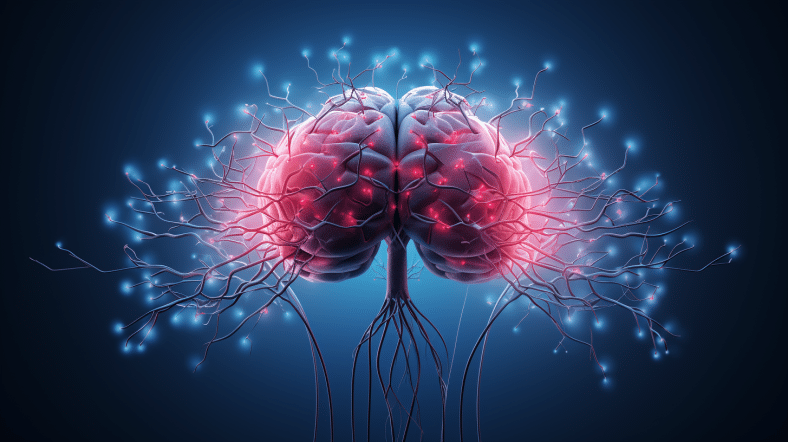Solriamfetol for ADHD in Adults: A New Alternative Treatment?
Attention-deficit/hyperactivity disorder (ADHD) is a common neurodevelopmental disorder characterized by problems with inattention, hyperactivity, and impulsivity. While ADHD has historically been considered a disorder of childhood, it is now known that symptoms frequently persist into adulthood. A new pilot study published in the Journal of Clinical Psychiatry provides the first data indicating that a newer …






